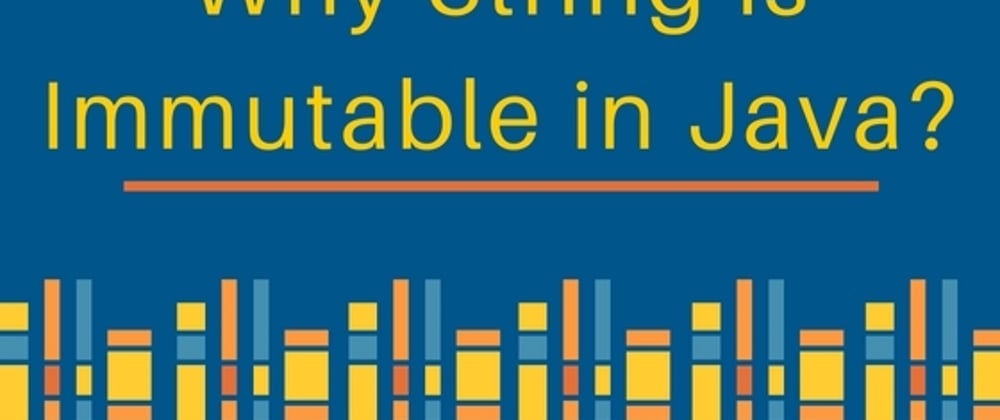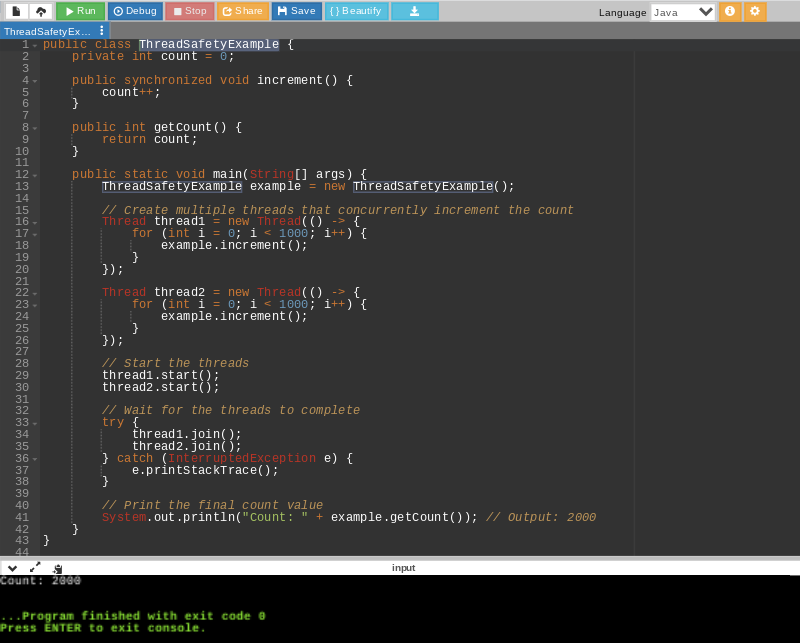What Is Unalterable Strings and How It Works
In the realm of programs, comprehending the principle of immutable strings is paramount for developing durable and protected applications. Unalterable strings describe strings that can not be changed after they are developed, making sure data honesty and predictability within the code. This essential concept plays an essential function in various shows languages and provides an unique approach to taking care of data. By discovering the ins and outs of how unalterable strings work, one can reveal a world of benefits and possibilities that can elevate the top quality and performance of software advancement.
The Fundamentals of Unalterable Strings
Unalterable strings, as a basic idea in programs, are personality sequences that can not be transformed as soon as they are developed. This implies that when a string is assigned a value, that value can not be modified. In languages like Python and Java, strings are unalterable objects, leading to various implications in terms of memory management and data honesty.
One of the vital benefits of unalterable strings is that they provide a complacency in data control. Because the content of an unalterable string can not be modified, it ensures that the original information remains undamaged, decreasing the danger of unplanned adjustments throughout program execution (Why are strings immutable in Java?). This residential or commercial property additionally simplifies debugging procedures, as developers can rely on that as soon as a string is specified, its worth will not be unintentionally altered
When a brand-new string is produced based on an existing one, instead than changing the original string, the new worth is stored individually. In general, understanding the basics of immutable strings is important for understanding programming concepts and optimizing code efficiency.
Benefits of Immutable Strings
Structure upon the security and performance advantages of immutable strings, their advantages encompass improving code reliability and streamlining simultaneous programming tasks. By being unalterable, strings can not be modified after creation, which eliminates the risk of unintentional changes in the data they keep. This integral immutability guarantees that as soon as a string is developed, its worth remains constant throughout the program's implementation, reducing the opportunities of pests brought on by unexpected alterations.
Additionally, unalterable strings add to code dependability by making it much easier to reason about the state of a program. Given that strings can not be altered, developers can trust that a string will certainly always hold the exact same value, simplifying debugging and upkeep efforts. This predictability causes much more stable and reputable codebases.

Execution in Programming Languages
Within different programming languages, the incorporation of unalterable strings is a fundamental aspect that impacts exactly how information is dealt with and adjusted within code structures. The application of unalterable strings varies throughout various programming languages, with each language using its own devices to sustain this idea.

In comparison, languages like C and C++ do not have built-in assistance for unalterable strings. Programmers in these languages need to by hand execute immutability by implementing policies within their code to avoid straight adjustments to Read More Here string objects.
Best Practices for Dealing With Unalterable Strings
When handling unalterable strings in programs languages like Java and Python, sticking to best methods ensures protected and efficient data control. Among the key best practices is to make use of StringBuilder or StringBuffer as opposed to directly adjusting strings, specifically when managing extensive concatenation operations. These classes give mutable choices for string manipulation, aiding to prevent unneeded memory appropriations and boosting performance.
In addition, when functioning with sensitive data such as passwords or API keys, it is critical to prevent saving them as simple message in unalterable strings. Making use of protected storage devices like char selections or specialized collections for handling delicate details aids mitigate protection threats associated with unalterable strings.
Real-world Applications and Instances
Exploring useful applications of immutable strings in different industries discloses their considerable effect on data stability and system integrity. In the healthcare sector, unalterable strings play a vital duty in making sure the security and privacy of individual data. By stopping unapproved adjustments to delicate information such as medical documents and prescriptions, unalterable strings aid maintain conformity with strict privacy laws like HIPAA.
Financial organizations additionally take advantage of the immutable nature of strings to boost the protection of client data and purchase documents. Immutable strings help prevent fraud and unapproved changes to financial details, offering a durable defense against cyber hazards and making certain the trust and confidence of clients.

Final Thought
To conclude, immutable strings are dealt with and unchangeable sequences of personalities that offer benefits such as string safety and enhanced efficiency in programs. They are applied in different programming languages to guarantee data integrity and safety and security. Finest methods for dealing with unalterable strings consist of staying clear of direct adjustments and utilizing approaches that return brand-new string items. Real-world applications of unalterable strings consist of information encryption, caching, and string control tasks.
Unalterable strings refer to strings that can not be altered after they are developed, making sure data integrity and predictability within the code. When a new string is developed based on an existing one, instead than customizing the original string, the new worth is kept independently.In languages like Java and Python, strings are immutable by default, implying that as soon as a string things read this post here is created, its value can not be transformed - Why are strings immutable in Java?. Finest methods for functioning with immutable strings include preventing direct adjustments and using approaches that return new string objects. Real-world applications of unalterable strings include information encryption, caching, and string manipulation jobs
Comments on “Why Are Strings Immutable in Java? Thorough Evaluation for Programmers”